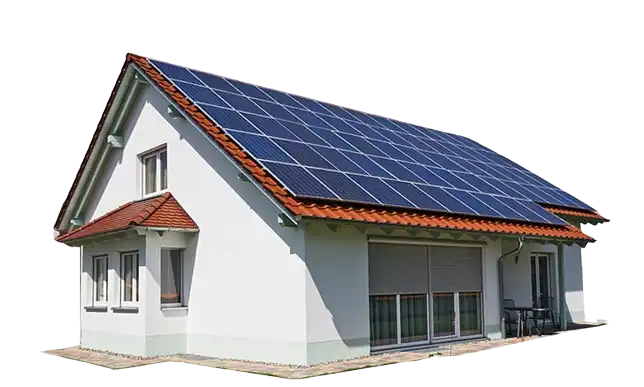When it comes to financing your solar panel installation, two popular options are solar loans and leasing. Both options have their pros and cons, and the right choice depends on your financial situation, long-term goals, and personal preferences. In this blog post, we’ll take a closer look at solar loans and leasing, comparing their benefits and drawbacks to help you make the best decision for your solar project.
Solar Loans – Owning Your Solar System: A solar loan is a financing option that allows you to borrow money to purchase and install a solar panel system. Solar loans can be secured (using your home as collateral) or unsecured, and they typically have repayment terms of 10 to 20 years. Some loans even offer deferred interest or low introductory rates, which can make the initial cost more manageable.
The main advantage of a solar loan is that you own the solar system, which can increase the value of your home and provide long-term energy savings. Additionally, homeowners with solar loans can take advantage of federal tax credits and other incentives, which can significantly reduce the overall cost of the system. However, owning a solar system also means you’re responsible for any maintenance and repairs that may be needed.
Solar Leasing – No Upfront Costs, But No Ownership: Solar leasing is an alternative financing option where you don’t own the solar panels, but instead, pay a fixed monthly fee to the solar company for the right to use the system. The solar company installs, maintains, and repairs the panels, and you benefit from the electricity the system generates.
One of the main advantages of solar leasing is that there are usually no upfront costs, making it easier to get started with solar energy. Also, since the solar company is responsible for maintenance and repairs, you don’t have to worry about any unexpected expenses. However, the downside of solar leasing is that you don’t own the solar panels, which means you won’t benefit from federal tax credits and other incentives available to solar system owners. Additionally, leasing might not add as much value to your home compared to owning a solar system.
Factors to Consider When Choosing Between Solar Loans and Leasing: When deciding between solar loans and leasing, consider the following factors:
- Ownership: If you prefer to own the solar system and benefit from tax credits and incentives, a solar loan may be the better choice. If you don’t want the responsibility of ownership and prefer a hassle-free option, leasing might be more suitable.
- Upfront Costs: Solar loans may require a down payment, while leasing typically has no upfront costs. Consider your budget and whether you can afford the initial investment for a solar loan.
- Monthly Payments: Compare the monthly payments for solar loans and leasing. Keep in mind that loan payments may decrease over time as you pay off the loan, while lease payments may increase due to annual escalations.
- Maintenance and Repairs: If you don’t want to handle maintenance and repairs, leasing may be the better option since the solar company will take care of it. If you don’t mind managing the upkeep, a solar loan could be more advantageous.
Both solar loans and leasing have their unique benefits and drawbacks, and the best choice depends on your individual circumstances and priorities. By carefully considering factors such as ownership, upfront costs, monthly payments, and maintenance responsibilities, you can make an informed decision about which financing option is best suited to your solar project. Whichever option you choose, going solar is a smart investment in your home’s energy efficiency and a greener future.








